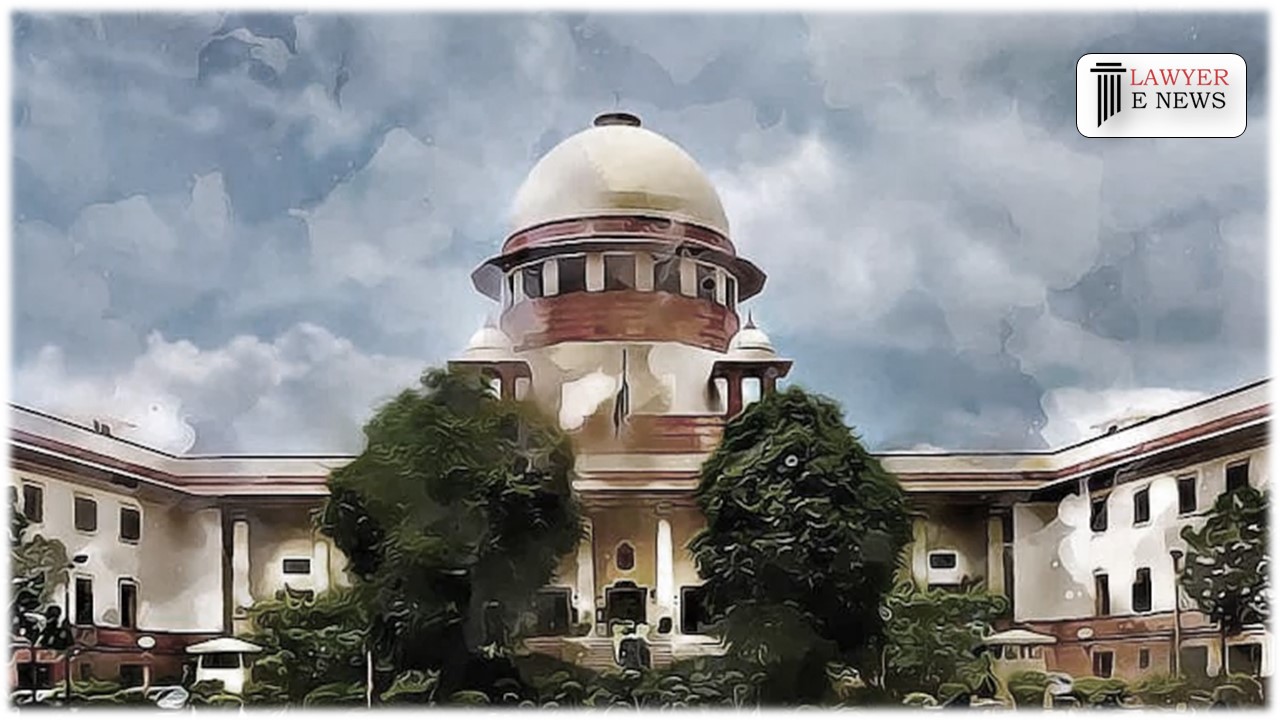-
by Admin
15 February 2026 5:35 AM



In a recent judgment, the Supreme Court of India discharged the appellant, Neville Dadi Master, and ordered the closure of proceedings after he tendered an unqualified apology to the second respondent in a criminal case. The judgment, delivered by Justice Dipankar Datta, highlighted the compoundable nature of the offenses under sections 447 and 419 of the Indian Penal Code (IPC) and the satisfaction expressed by the complainant.
The case originated from a complaint lodged by the second respondent on August 9, 2017, leading to the registration of a First Information Report (FIR) against Neville Dadi Master under various sections of the IPC and the Prevention of Corruption Act. After investigation, a charge-sheet was filed, and the case was committed to the Special Court, as the offense under section 12 of the Prevention of Corruption Act was exclusively triable by that court.
Subsequently, the appellant applied for discharge, which was partially allowed by the Special Court. While it found no grounds for framing charges under certain sections, it concluded that there was prima facie material to proceed against Neville Dadi Master under sections 447 and 419 of the IPC. The case was then transmitted to the court of the Additional Chief Judicial Magistrate (ACJM). Dissatisfied with this order, the appellant filed an application under section 482 of the Code of Criminal Procedure (Cr. P.C.) before the Calcutta High Court, which was dismissed.
During the proceedings at the Supreme Court, the appellant's counsel, Mr. Luthra, contended that although the charges were compoundable offenses, Neville Dadi Master should be given an opportunity to meet the second respondent and apologize for the conduct complained of in the complaint. Granting the prayer, the Supreme Court directed the appellant to personally meet the second respondent and tender an unqualified apology.
The second respondent submitted a report to the Calcutta High Court stating that Neville Dadi Master had indeed tendered an unqualified apology and expressed remorse for his conduct. The report further mentioned the second respondent's satisfaction with the apology.
Taking into consideration the appellant's acknowledgment of his indiscretion, his remorse, and his undertaking not to repeat such conduct in the future, the Supreme Court deemed it unnecessary to subject him to trial. Considering the compoundable nature of the offenses and the satisfaction expressed by the second respondent, the Court ordered the closure of the proceedings in G.R. Case No. 2199 of 2017 before the ACJM. The orders of the Special Court and the High Court were set aside, and the appellant was discharged of the bail bond.
While allowing the appeal, the Supreme Court emphasized the need for caution on the part of the appellant to prevent a recurrence of similar incidents. It also commended the second respondent for not escalating the matter further, highlighting the importance of forgiveness.
DATE OF JUDGMENT: May 19, 2023
i Master @ Neville Master vs The State of West Bengal & Anr.
